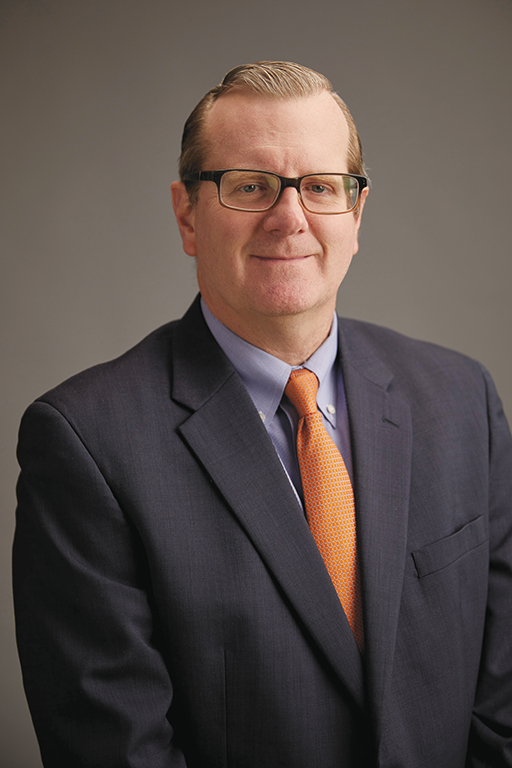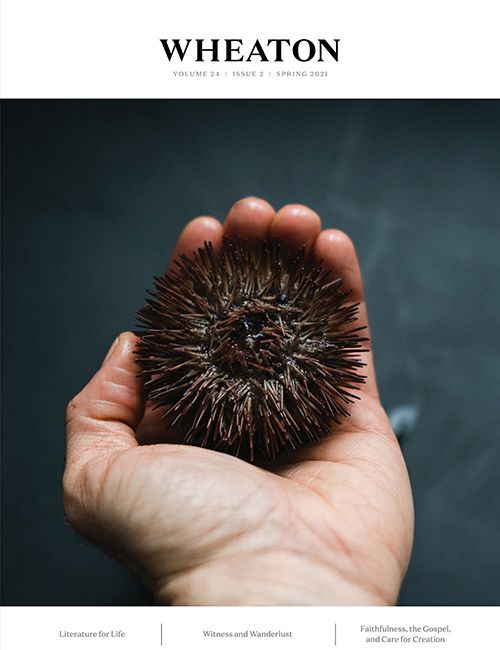When Christians Disagree

Dr. Philip Ryken ’88
Wheaton College President
Liberal arts learning is a conversation as ancient as Plato’s dialogues with Socrates and as recent as the dormitory discussion that started last night after dinner and continued past midnight.
This enduring conversation assumes that we often disagree—about ideas and their consequences, about our goals for our beloved community, about biblical interpretation and application. Because we disagree, we discuss, and even argue.
In our increasingly polarized society, the disagreements have become sharper. We see this in the church as well as in the culture at large. Our political differences, social concerns, and theological convictions often provoke contentious words and scornful attitudes.
Wheaton College is no exception. When disagreements spark controversy on our liberal arts campus, some of the heartfelt responses that students, faculty, staff, alumni, and parents post on social media, for example, are less charitable than they could be.
It is good for all of us to revisit Paul’s teaching in Romans 14 about how to honor God when we disagree.
The apostle’s argument assumes that there are right and wrong answers to the questions that divided the first Christians in Rome, as there are in the disputes of our own day. Because there are right answers, one of the proper goals of liberal arts learning is to pursue truth through dialogue.
Yet Paul is less concerned about getting and giving the right answer than he is with how Christians treat one another. Convincing someone else that they have the wrong view is not the goal. The goal, rather, is to “pursue what makes for peace and for mutual upbuilding” (v. 19).
So, Paul tells the Romans not to “quarrel over opinions” (v. 1), and not to “despise” or “pass judgment” on Christians who disagree (v. 3). When disagreements do arise, it is good for us to be “fully convinced” in our own minds (v. 5). But it is more important for us to keep “walking in love” (v. 15).
These wise words help us test our political, social, intellectual, and theological discourse. Are my convictions making me contentious? How can I pursue peace with other Christians when we disagree? What difference does it make when Christ-like love truly animates the continuous conversations we have at a Christian liberal arts college?
Wheaton College will keep asking these questions—and striving to live out the answers.





